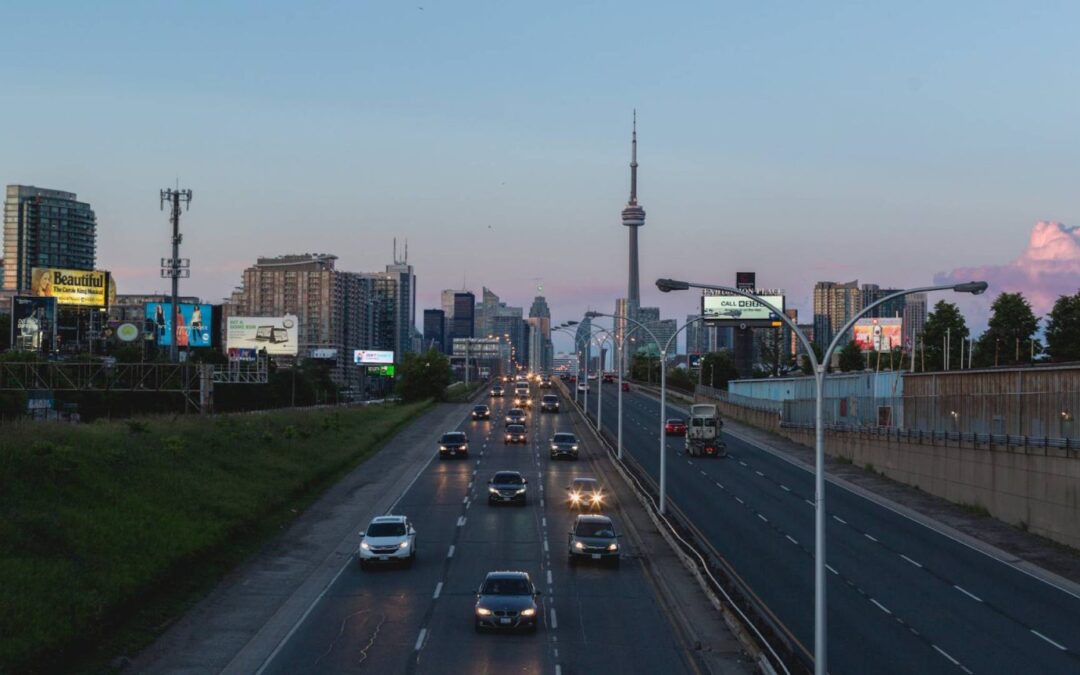Have you ever been stuck in traffic, watching the minutes tick by as you inch your way towards your destination? What if I told you that artificial intelligence (AI) could help make your journey smoother and faster? It’s true! AI is changing the way we think about transportation and revolutionizing the way we get around.
One of the biggest areas of focus for AI in transportation is safety. Self-driving cars are becoming increasingly common, and they have the potential to reduce accidents caused by human error. By using a combination of sensors, cameras, and advanced algorithms, these vehicles can detect obstacles and respond to changing road conditions faster than a human driver ever could.
But AI isn’t just improving safety on the roads. It’s also helping to make transportation more efficient. Intelligent traffic management systems are being developed to optimize traffic flow, reduce congestion, and improve air quality. These systems can adjust traffic signals in real-time, redirect traffic to less congested routes, and even predict where accidents are likely to occur.
Another area where AI is making a big impact is in the world of logistics. Delivery companies are using AI-powered route optimization software to plan the most efficient routes for their drivers, reducing delivery times and cutting down on fuel costs. AI is also being used to improve warehouse management, with robots using machine learning algorithms to optimize their movements and speed up the process of picking and packing orders.
Of course, AI isn’t just for large-scale transportation operations. It’s also being used to make our daily commutes more enjoyable. Smart traffic apps can help us find the quickest route to our destination, while ride-sharing apps like Uber and Lyft use AI to match riders with drivers and predict arrival times.
So what does the future of transportation look like with AI? Well, we can expect to see more self-driving cars on the roads, as well as increased use of drones for delivery and transportation. We’ll also see a continued emphasis on reducing traffic congestion and improving air quality through the use of intelligent traffic management systems.
But there are also some potential challenges to consider. As more jobs in transportation become automated, there may be a need for retraining and job placement programs for displaced workers. And there are also concerns around data privacy and cybersecurity, as more and more transportation systems become connected to the internet.
Overall, however, the benefits of AI in transportation are clear. From improving safety to reducing congestion, AI has the potential to make our journeys faster, smoother, and more enjoyable. So the next time you’re stuck in traffic, just remember – the future of transportation is looking brighter every day, thanks to the power of AI.


